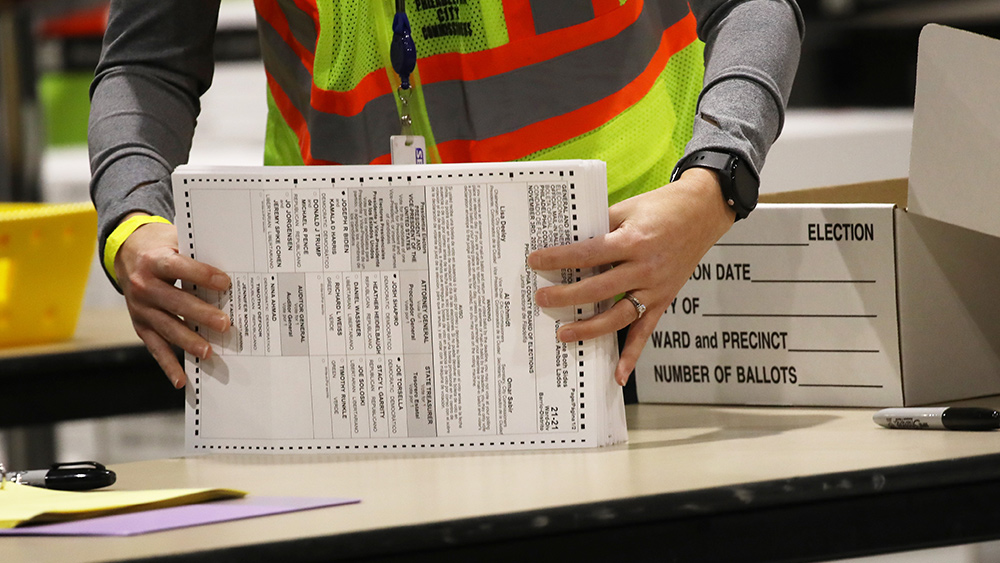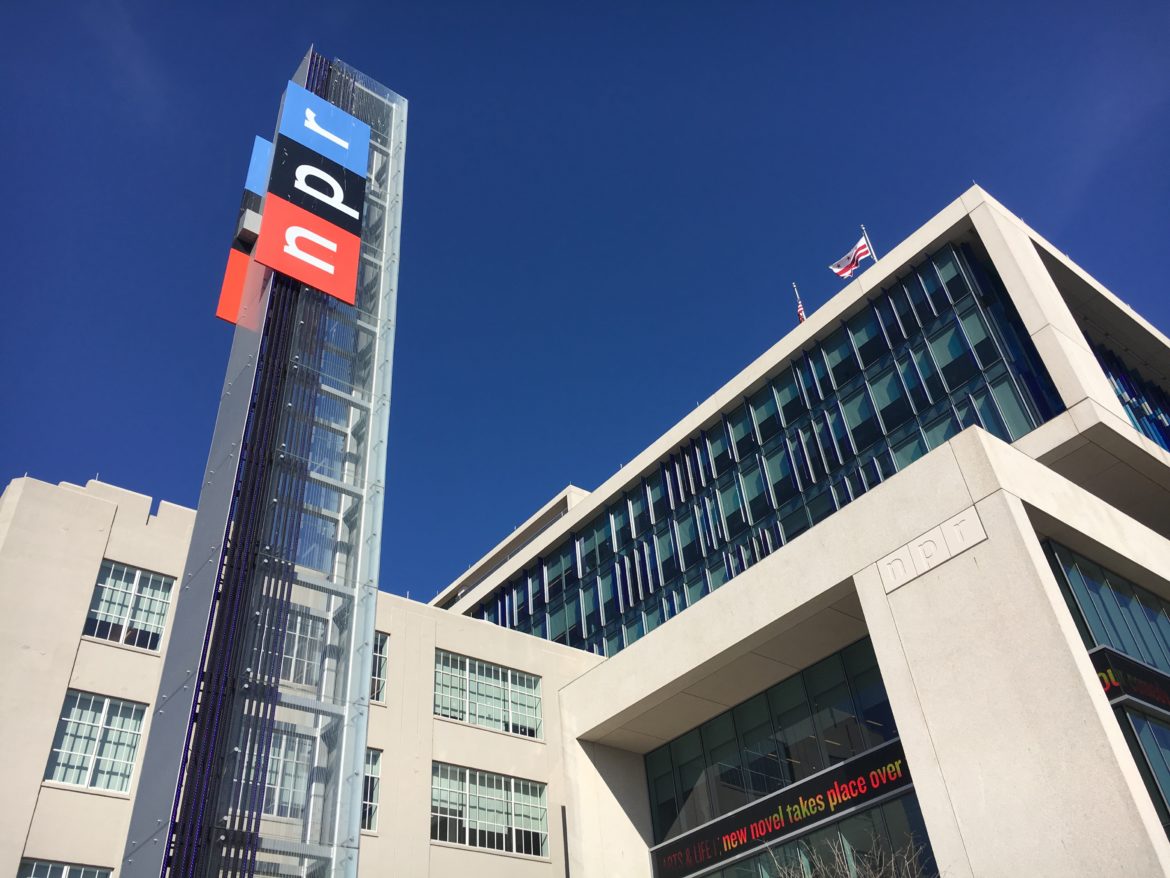 Parler
Parler Gab
Gab
Obama used PPP to prevent FOIA requests on his administration's data
The investigative journalist cited former President Barack Obama's 2014 action to move American phone records over to a private company. He assigned former White House Chief of Staff John Podesta, who served under Obama as a consultant, for this task. Cybersecurity laws were subsequently passed to essentially give private institutions endpoint access and carte blanche access to data. Concurrently, Texas-based technology company CrowdStrike came in to install servers on every database under the sun. "We're trying to give people a high-level look here," Vandersteel said. "We've all heard about the shadow government. To give people a real look at what a shadow government means and how it has operated goes back to Obama having a separate email address." The said email address was linked to the former Ameritech company, now named AT&T Teleholdings. Khoury commented: "So through open source research in the DNS name servers and using multigo, as well as other open source resource tools, you're able to do traces. And the further you probe that email address, it ends up leading back to [email protected]. The thing is with Obama being tied to Ameritech, you have intellectual property and that's private." This, he explained, prevented any disclosures stemming from Freedom of Information Act requests. Vandersteel added: "I want to tie something back here because you know, the fact that Obama created a shadow government using a nonprofit at the National Archives and Records Administration using a nara.gov email address. He basically moved all the data into this his created IP. He basically reclassified the data because he's taken it out of government control and put it into his own private control list." Head over to Surveillance.news for more stories about Americans being watched. Watch the full Nov. 3 episode of "The Zelenko Report" with Ann Vandersteel and Michael Khoury below. Catch new episodes of the program every weekday at 1-2 p.m. on Brighteon.TV.More related stories:
6 companies control 90% of what you read, watch and hear. Here's why you should care. USDA stirs surveillance suspicions as it sets up national vegetable garden database. Why the federal government should yank all frequencies from telecommunications companies unless they enforce First Amendment protections for mobile users.Sources include:
Brighteon.com FCC.govClass action lawsuit filed against Apple over illicit data collection
By Belle Carter // Share
Former multibillion-dollar crypto firm FTX files for bankruptcy
By Belle Carter // Share
WAYNE ROOT: You’ve been gaslighted – Democrats just stole another election
By News Editors // Share
‘Trigender’ person identifies as male, female, and neither
By News Editors // Share
‘P’ for public or propaganda? How NPR morphed into a voice for the ‘elite establishment’
By News Editors // Share
Governments continue to obscure COVID-19 vaccine data amid rising concerns over excess deaths
By patricklewis // Share
Tech giant Microsoft backs EXTINCTION with its support of carbon capture programs
By ramontomeydw // Share
Germany to resume arms exports to Israel despite repeated ceasefire violations
By isabelle // Share









